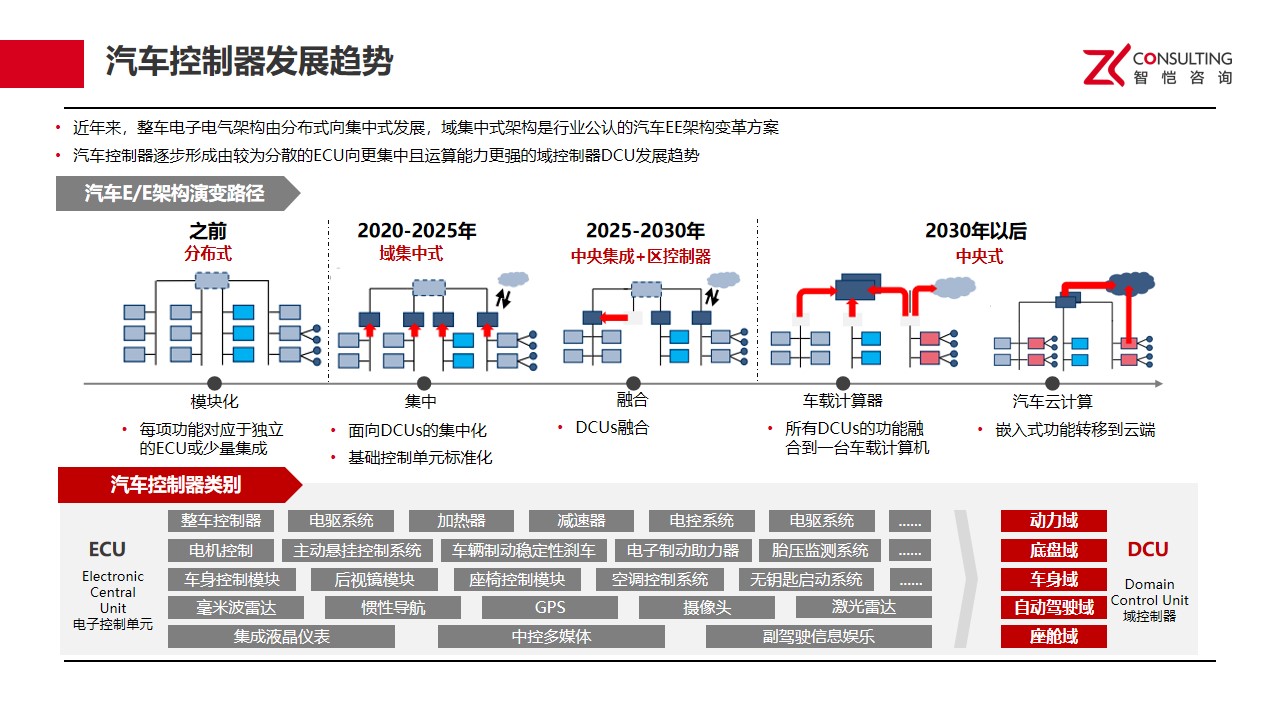Room 2605, East Daming Road 1050, Hongkou District, Shanghai
zkchina@zkconsultinggroup.com
+86 021-60715651 / 156 5187 9931 Ms. Zhang
Introduction to Lithium Battery Recycling Report
This report is mainly divided into five parts, which are overview, research on lithium resource supply and demand, analysis of lithium recycling industry chain and mode, introduction of lithium recycling enterprises, and analysis of iron phosphate recycling industry.
Overview
We first reviewed the price trends of domestic industrial grade lithium carbonate (later referred to as "industrial carbon"), battery grade lithium carbonate (later referred to as "electric carbon"), and monohydrate lithium hydroxide over the past 10 years. Next, we introduced the entire industry chain from lithium raw ore to downstream end consumer goods. Finally, we introduced the competitive landscape of domestic lithium salt manufacturers.
Part 01 Research on Supply and Demand of Lithium Resources
We first analyzed the current situation of global and domestic lithium resources on the supply side, as well as the forecast for 2026. In 2022, salt lakes accounted for 58% (mainly distributed in the Americas and Australia), spodumene accounted for 26% (mainly distributed in South America and Australia), and other lithium resources (lithium mica and lithium clay) accounted for 16%. Currently, the global supply of lithium resources is mainly based on extracting lithium from ores; In 2022, salt lakes accounted for 61%, lithium mica accounted for 25%, and spodumene accounted for 14% of the various types of lithium resources discovered in China; We expect the domestic lithium resource supply to reach 800000 tons of LCE by 2026.
Secondly, we conducted a thorough and detailed analysis of the downstream terminal applications of lithium resources. It is expected that by 2026, new energy vehicles, energy storage and small power vehicles, and 3C consumer electronics will require 724000, 20.0, and 38000 tons of LCE, respectively. Due to the relatively stable demand for lithium resources in traditional industries, after considering this demand, we predict that the supply and demand gap of domestic lithium resources will reach 434000 tons of LCE by 2026. If we consider the demand for cathode materials closest to lithium resources in the supply chain, based on the expansion plan of Sanyuan and lithium iron phosphate cathode materials companies, the supply and demand gap of domestic lithium resources will reach 510000 tons of LCE by 2026. However, our prediction of lithium resource supply is only based on the current production and capacity planning of mines, salt lakes, and other available resources. It is not ruled out that new lithium resource capacity planning will be released in the coming years, and the imbalance between supply and demand of domestic lithium resources may improve at that time; This also indirectly reflects that the market space for lithium recycling in the future will be very broad.
Part 02 Industry Chain and Model Analysis of Lithium Recycling
We first conducted a detailed analysis of the lithium battery recycling industry chain, where incoming materials include waste batteries from downstream terminals, waste generated by positive electrode material factories, and battery factories in the production process. Through certain technical means, they are utilized in a hierarchical manner or through element recycling and reuse. Next, we will make a prediction on the amount of recyclable battery waste and cathode material waste in China in the coming years. It is expected that all the above-mentioned waste will correspond to the amount of recyclable cathode material, which will reach 462000 tons by 2026. Finally, we introduced the three mainstream recycling models currently on the market, and provided a very detailed introduction to the processes of dismantling and recycling waste batteries, wet recycling of lithium iron phosphate waste batteries, wet recycling of ternary waste batteries, and fire recycling of ternary waste batteries.
Part 03 Lithium Recycling Company Introduction
We conducted in-depth research to carefully sort out the 23 main companies on the current white list of power battery recycling, and compiled the core information of each company into a conclusive report that can be directly used. The core information includes the personnel composition of the company team, process introduction, production costs, future capacity planning, and downstream customer layout, At the same time, our main enterprises have conducted detailed process comparisons and core business indicators comparisons. Finally, we make a prediction for the supply and demand relationship of the recycling raw material market in the coming years. The supply and demand relationship of ternary raw materials in 2022-24 will be more tense compared to lithium iron phosphate raw materials, and the supply and demand relationship of lithium iron phosphate raw materials may be in short supply starting from 25 years.
Part 04 Analysis of LFP Recycling Industry
We first reviewed the layout of lithium iron phosphate production lines by major lithium recovery enterprises, and compared their producible products, existing processing capacity, and future production line layout. Secondly, we also provided a detailed introduction to the preparation process of recycled iron phosphate.
Example of lithium battery recycling report
catalog:
Analysis of lithium price trend:
Prediction of domestic lithium resource supply:
Prediction of lithium resource demand for domestic power batteries:
Analysis of the supply-demand gap of lithium resources:
Comparison of main lithium recovery enterprises' processes:
List of lithium battery recycling reports
Overview
Analysis of lithium price trend
Analysis of the lithium resource industry chain
The competitive landscape of major lithium salt manufacturers
PART1 Research on supply and demand of lithium resources
Lithium resource supply
Global/domestic distribution of lithium resources
Prediction of supply for mines, salt lakes, and lithium mica
Summary of resource side supply forecast
Lithium resource demand
Forecast of demand in the field of power batteries
Demand prediction for energy storage and small power related fields
3C Consumer Electronics Demand Forecast
Expansion statistics of positive electrode material factory
Analysis of the supply-demand gap in the industrial chain
PART2 Industry Chain and Model Analysis of Lithium Recovery
Lithium ion battery industry chain
Introduction to recycled raw materials and prediction of recyclable cathode materials
Introduction to waste lithium-ion battery raw materials
Prediction of recyclable battery raw materials in China
• Recycling modes and processes
Overview of cascade utilization
Detailed explanation of the disassembly and recycling process
PART3 Introduction to Lithium Recovery Enterprises
Overview of recycling enterprises
• Patent situation of recycling enterprises
Enterprises producing electric carbon
Ganfeng Cycle, Hunan Bangpu, Jiangxi Huanli, Tianqi Jintai Pavilion, Quzhou Huayou
Direct competition for process and other indicators comparison
Enterprises producing industrial carbon
Jingmen Greenway, Jiangxi Ruida, Zhongwei Recycling, New Era Zhongneng, Zhejiang Tianneng, Shunhua Lithium, Jinyuan New Materials, Chizhou Xien, Xiamen Tungsten (Xiamen Tungsten New Energy, Ganzhou Haopeng), Wuchuang Recycling, Guanghua Technology
• Other enterprises
PART4 Analysis of Iron Phosphate Recovery Industry
Overview of lithium iron phosphate production line in recycling enterprises
Recycling end production of iron phosphate process
Introduction to relevant recycling enterprises
Please contact Zhikai for a complete report
Copyright Statement: The copyright of the images and text in this report belongs to Zhikai Consulting (www.zkconsultinggroup. com). Please contact us for reprints or citations
















